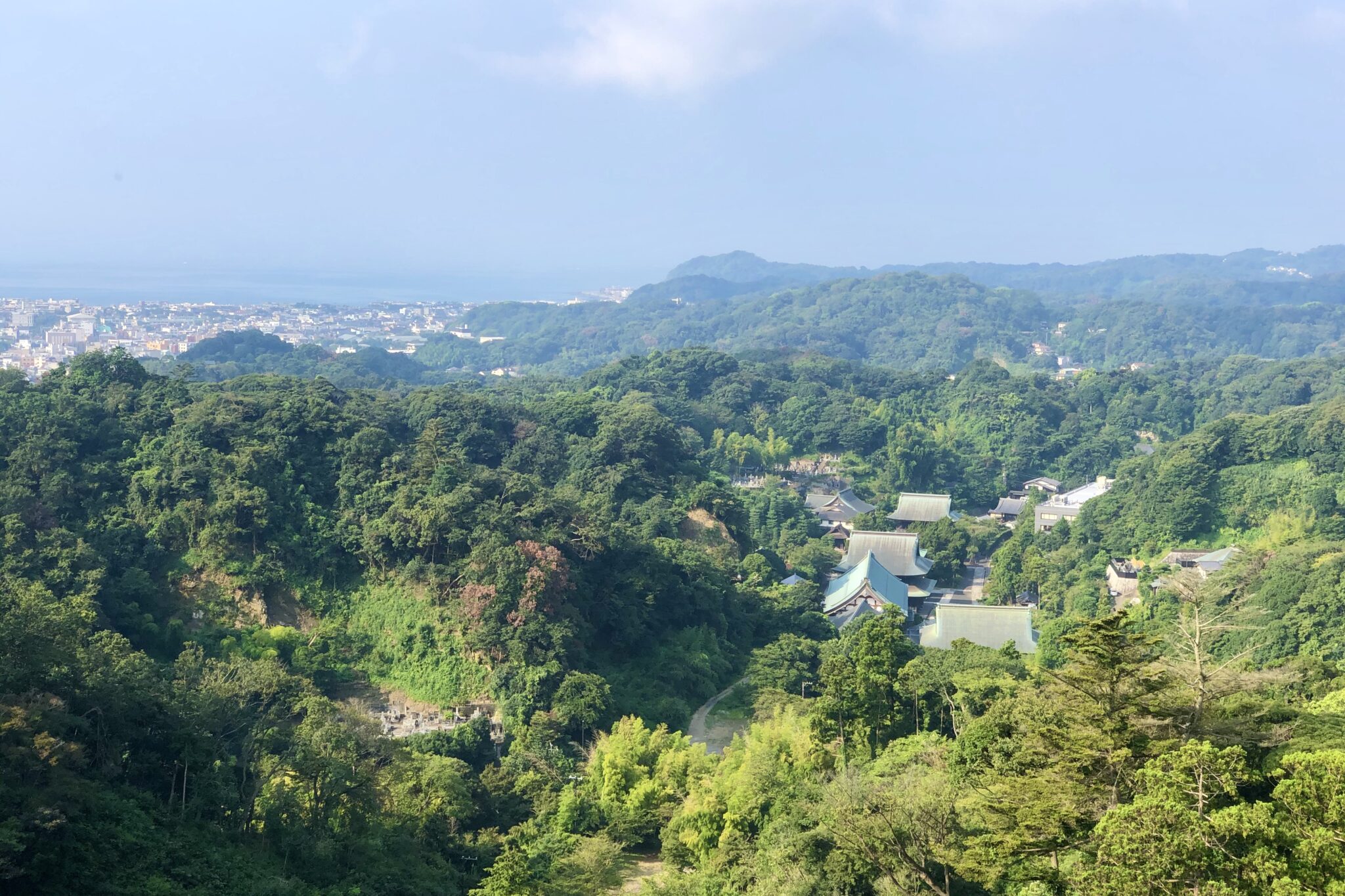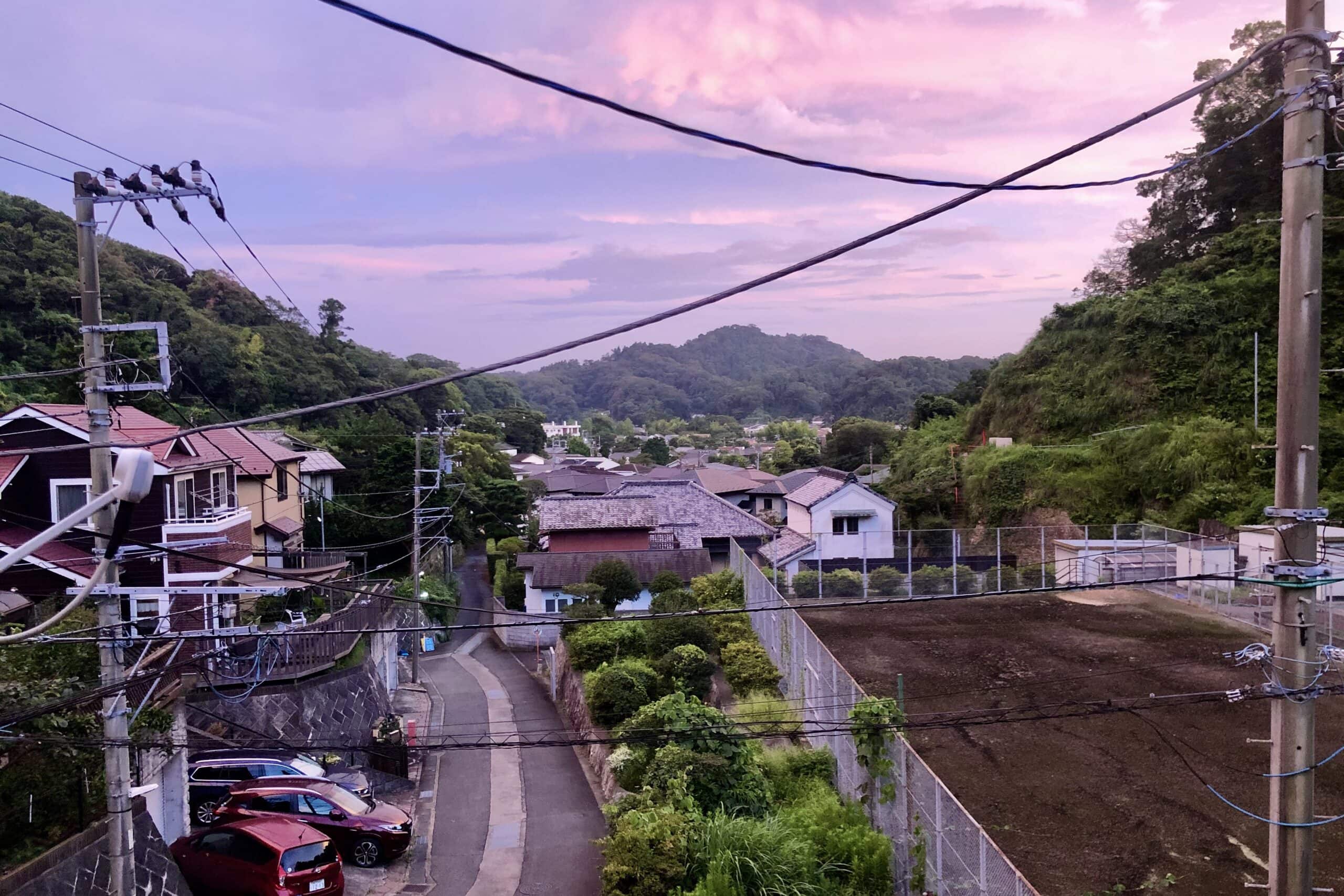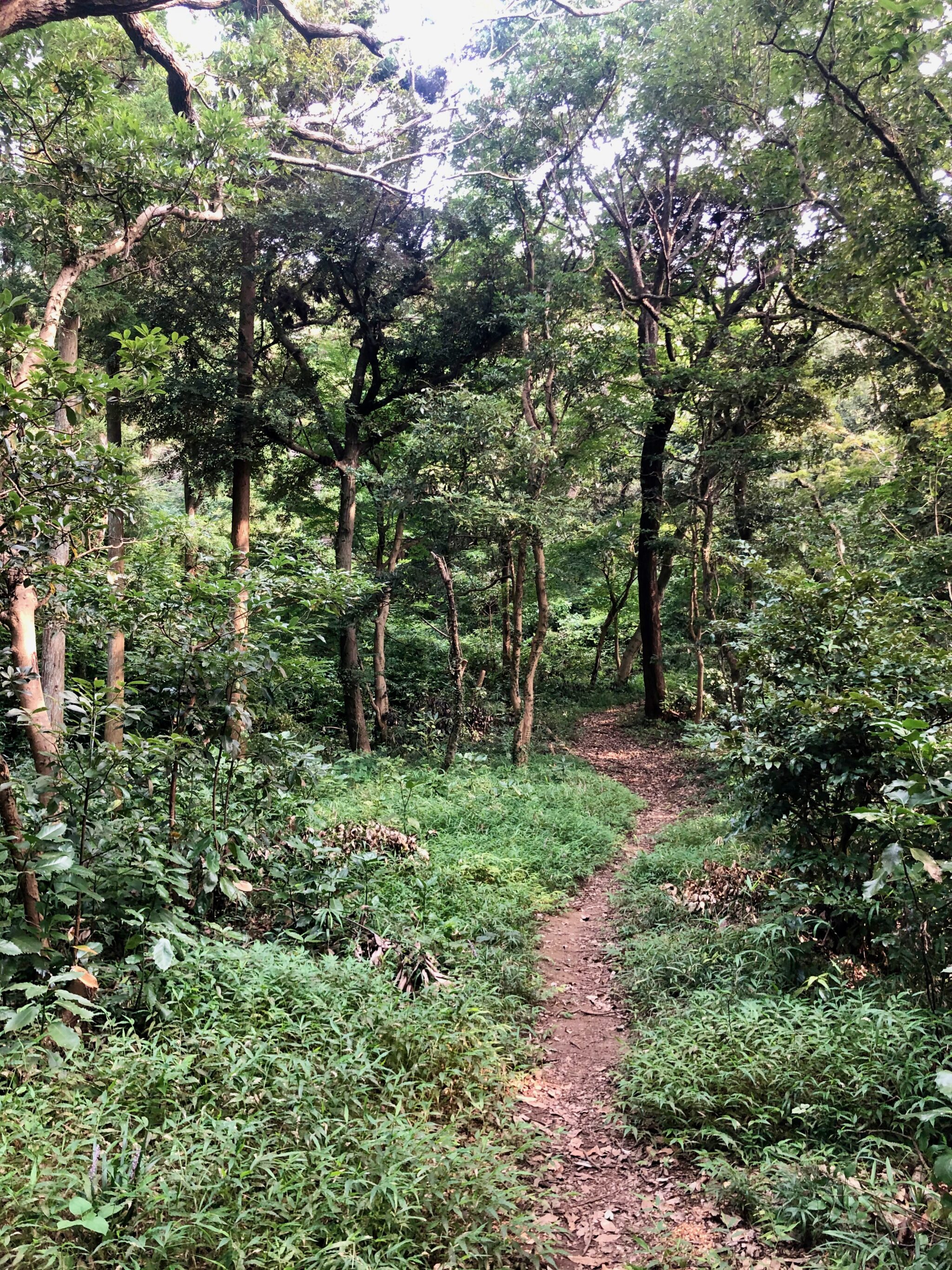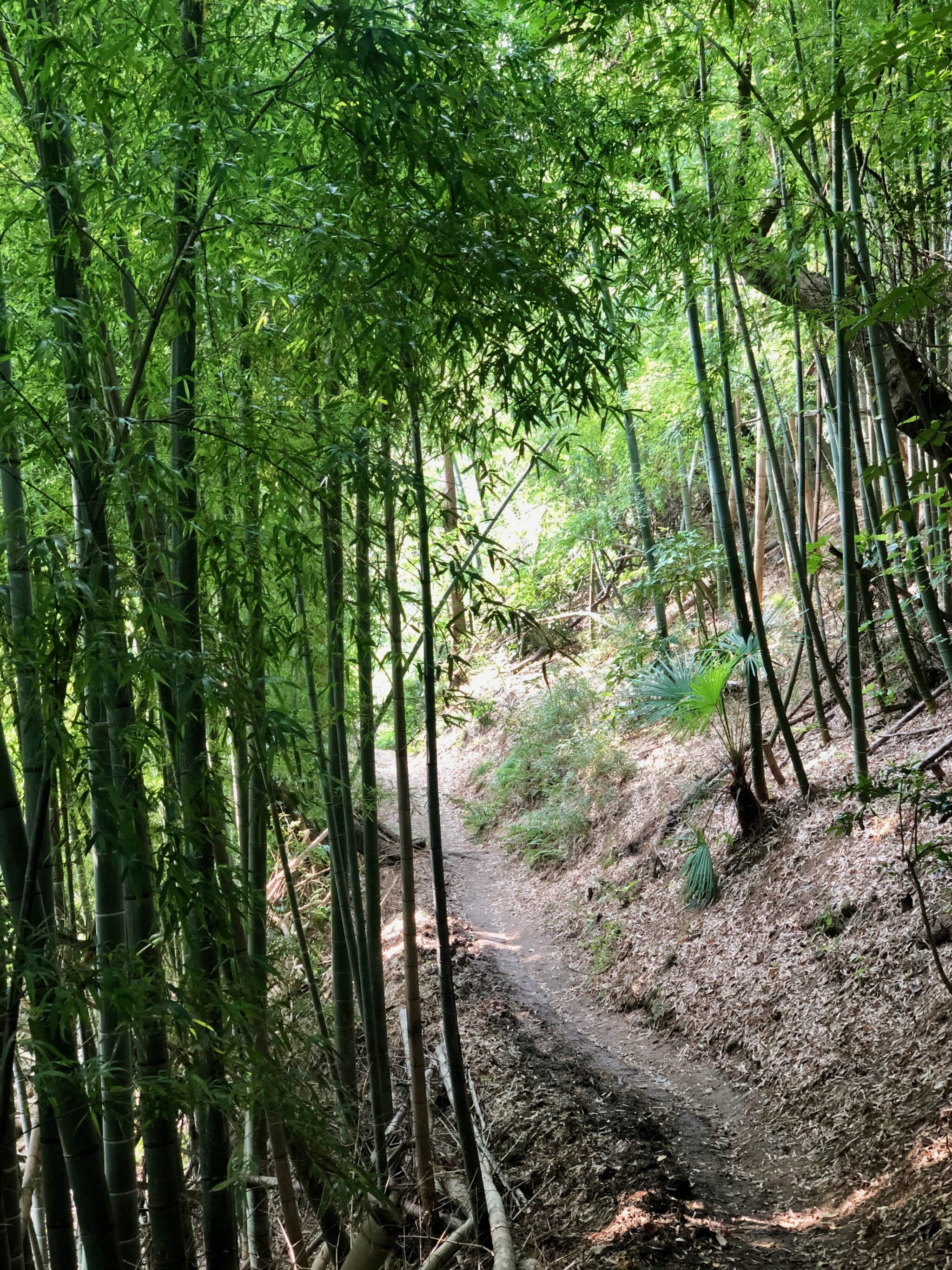You could say that COVID was the straw that broke the camels back, but for the past few years, we’d been considering leaving Tokyo. The question had always been “where do we move?”, to which we never had a good answer.
The tipping point came after spending the past 6 months crammed into a small studio apartment 23 hours a day with nary a wall to divide us or the zoom calls we needed to carry out for work. In the grand scheme of things, this wasn’t a big problem but we knew it was time for a change of scene.
COVID narrowed our options to the point where staying Japan became the only answer. This was no bad thing since, despite the country’s lacklustre response to the crisis, Japan certainly isn’t fairing as badly as other parts of the world and the past 7 years living here have been overwhelmingly positive.
Kamakura soon became the clear choice since we wanted to remain within an hour of the capital whilst being able to afford somewhere with more space and a lot more greenery. We found a house to rent within a lush green valley 25 minutes walk from the train station.

The past month has been a whirlwind of organisation, packing, and unpacking but we made it! We’ve been here two weeks but already I’m feeling the positive effects of clean air, space, light, nature, and an absence of commercial bustle that is hard to avoid in a metropolis.
After 15 years living in megacities (London, Beijing, Shenzhen, Hong Kong, Tokyo) it feels like I’m coming full circle back to a city of a similar size to the one I grew up in. Despite the different cultural context, it feels comfortable and familiar. I could repeat cliché’s about country-folk being friendlier and less self-absorbed, but it’s true!
I look forward to sharing more of Kamakura in the future.
Postscript
My wife and I both work in the tech industry and no doubt it is a privilege to be able to up-sticks and move with a month’s notice. Some people might call this ‘urban flight‘ but I see it as an acceleration of an inevitable trend as cities become more expensive and less habitable while faster internet connectivity has made working from home viable.
The debate about whether working in an office is more productive or conducive to serendipitous breakthroughs seems dated at this point. There are undoubtedly times when getting a team together in the same room is advantageous, but as most knowledge workers will attest to, the 21st-century open-plan office is about as conducive to focused work as sitting in the middle of Grand Central Station.
The concentration of power and money in big cities may continue for a while post-COVID but with our ecological systems on the brink of collapse, I’m not sure this is sustainable. I hope that the rest of my life will be characterised by a reversal in the global tide of migration into the cities and back towards the areas that the previous generation abandoned. A brighter future seems to rest in smaller communities where the focus is on supporting each other rather than getting rich quick.




Reply